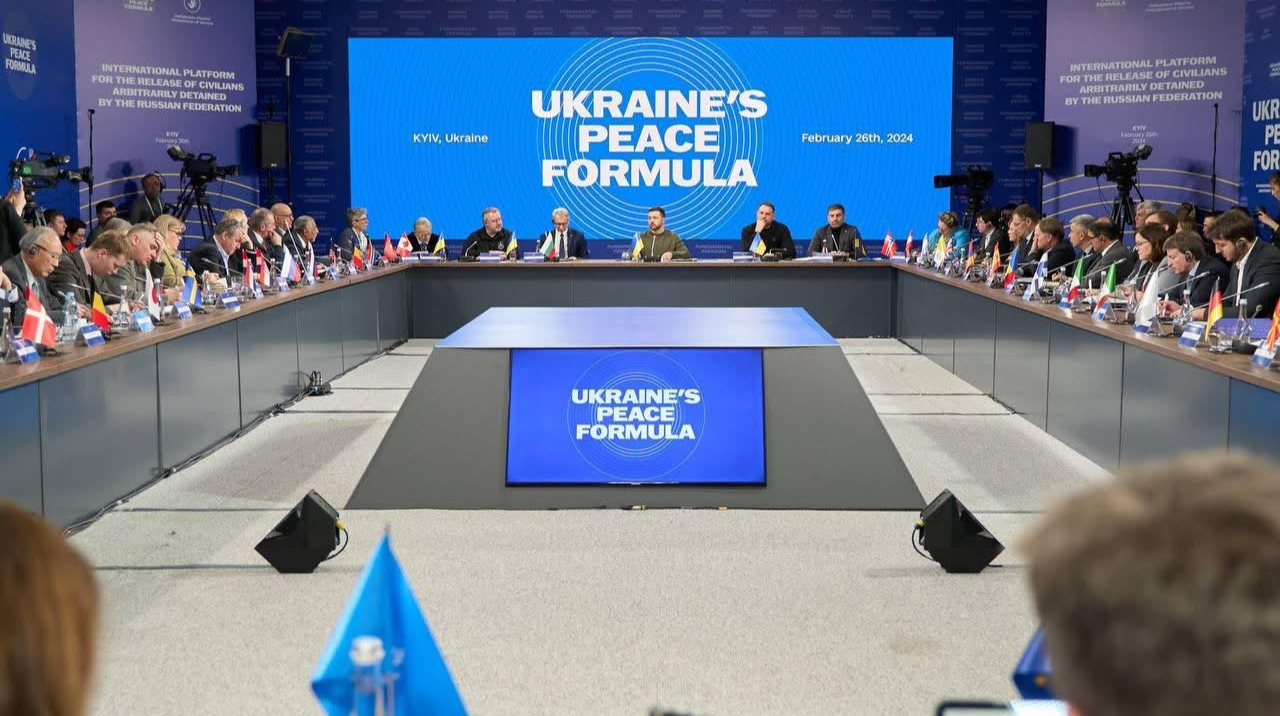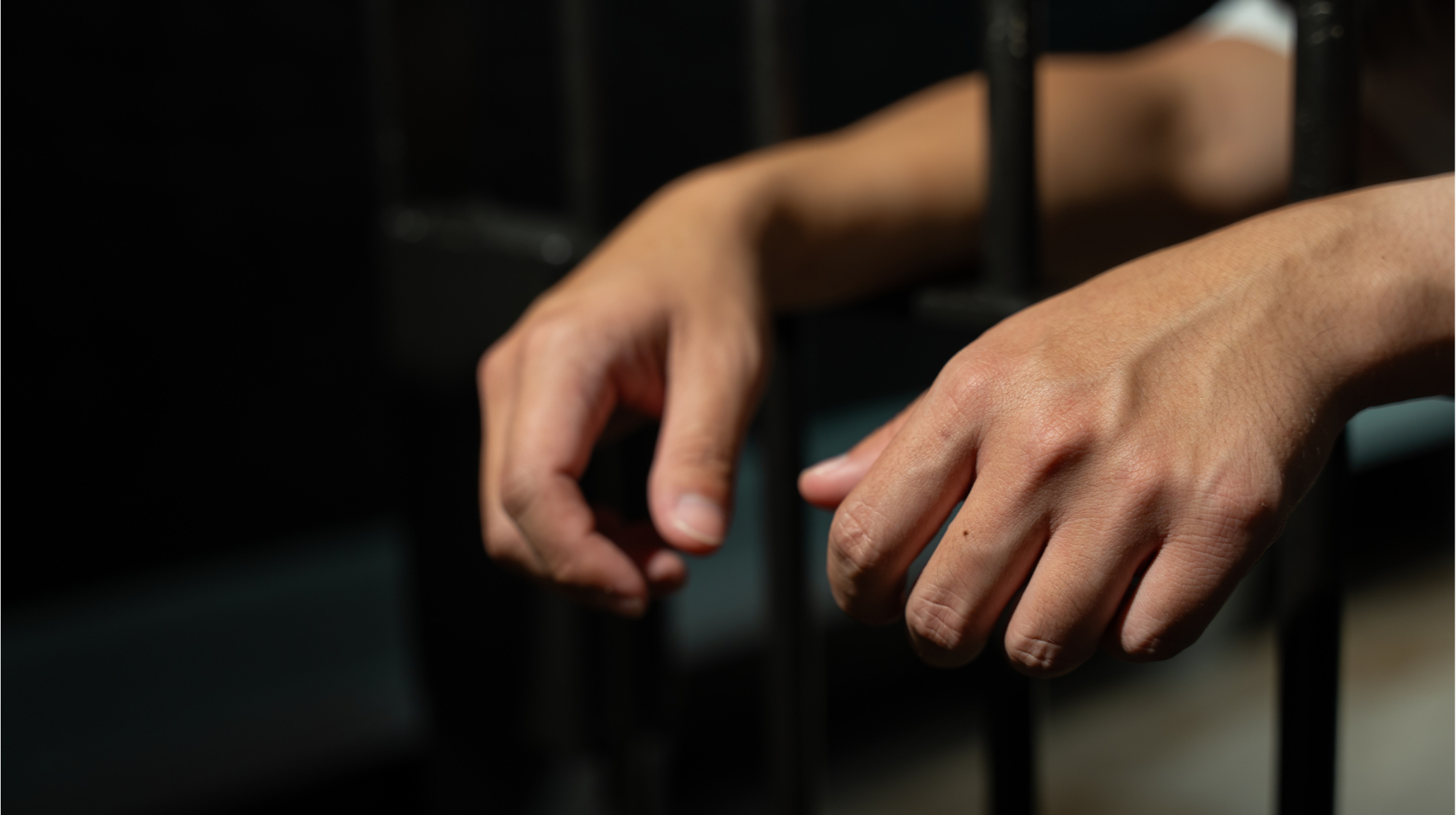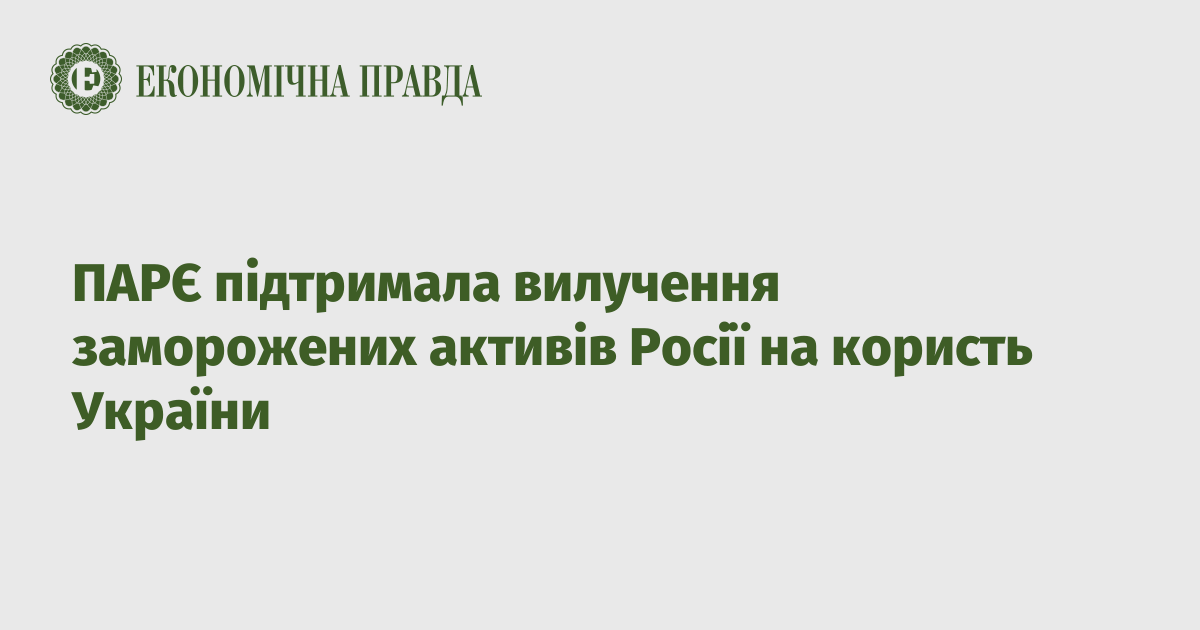Russia’s illegal detention of civilians: challenges for Ukraine

Detention, filtering, detention in inhumane conditions, interrogations with torture, torture, abuse, humiliation – these are what the representatives of the Russian Federation apply to people who have fallen under the occupation.
It should be understood that we are not talking about isolated cases or selectivity, not about events from 2022: this system has been working for many years and the rules of its operation remain unchanged. And yes, this is a violation of the fundamental principles and norms of international humanitarian law.
From the abduction of activists in the occupied Crimea to torture camps in Buch, Kherson, and Izyum, the occupiers everywhere detained, tortured and killed people en masse. So far, the location of 104 death camps in 8 regions of Ukraine has been established – we are talking about de-occupied territories where the work of death camps was stopped by the Armed Forces of Ukraine. One can only guess how many such places still function in the occupied lands and in the Russian Federation itself.
We still do not have, and cannot receive, complete information about civilians who were detained or are still being illegally detained by the occupiers. But let’s assume that we are talking about thousands, if not tens of thousands of people.
International humanitarian law categorically prohibits the deprivation of liberty of civilians. In the same way, the right of a person to proper conditions of detention, to protection and the prohibition of torture cannot be violated.
But the paradox is that due to such an absolute prohibition, international humanitarian law simply does not provide mechanisms for the release or return of civilians. We have to find a way out of the institutional impasse.
The first track on which Ukraine fights for its illegally detained citizens is an international one.
The first task is to draw the world’s attention to this problem. Talk about civilian detainees in all international venues where appropriate. To start offering partners mechanisms for public condemnation of Russia’s actions at the level of declarations by parliaments and international organizations.
An example of such actions is the PACE Resolution “Ensuring a just peace in Ukraine and lasting security in Europe”, adopted last October. The resolution calls on the world community to demand from the Russian Federation the immediate release of all abducted and illegally detained persons.
The issue of the release and return home of all detainees and deportees is an integral part of the Ukrainian peace formula. Paragraph 4 provides for the return home of all: both civilians and prisoners of war.
One of the possible mechanisms for launching the release process may be the mediation of a third party – a neutral organization or a sponsoring state, which will take on the function of facilitating the process. We already have a positive experience of releasing prisoners of war with the assistance of third countries. Therefore, this path is realistic.
At the end of February, the work of the International Platform for the Release of Illegally Detained Russian Civilians began. The first meeting was attended by more than 50 officials from various countries and international organizations, and Prosecutor General Andriy Kostin outlined the current situation.
The second trackwhich directly concerns us, prosecutors – it is the criminal prosecution of those involved in kidnappings, tortures and murders of civilians.
This task is one of the most difficult, because often we do not have access to the crime scene at all. There is no information about the persons who committed them. Prosecutors and investigators do not have the opportunity, as in investigations in civilian life, to enter the torture chamber with special forces and stop the crime, although we understand that abuse and torture continue every minute. Our capabilities are largely limited by the perimeter of controlled territories.
The court recently sentenced 15 Russian servicemen involved in the illegal detention and ill-treatment of residents of the village of Yagidne.
Let me remind you that during the occupation of Chernihiv Oblast, the Russian military drove 368 villagers, including young children and the elderly, to the basement of a local school. For almost a month, they were kept in a cramped room without heating, sewage, ventilation, medicine, etc. Ten older people died.
In total, the General Prosecutor’s Office obtained sentences for 33 occupiers in this category of crimes. The cases of 158 accused have been transferred to the court. Another 204 Russian servicemen and militants have the status of suspects.
We strive to convict war criminals not only in Ukrainian courts, therefore we are establishing cooperation with international authorities to bring to justice both specific perpetrators and the aggressor state.
We have the first positive results. In December of last year, the US Department of Justice announced suspicions against four militants for the illegal detention and torture of an American citizen in the village of Mylove in the Kherson region. For the first time in 30 years, the American judiciary applied the law that allows to prosecute crimes against its citizens on the territory of another country.
At the end of February, the Lithuanian prosecutor’s office released information about the results of the investigation into the murder of Mantas Kvedaravicius. Three militants were notified of the suspicion of illegal detention, torture and murder of a Lithuanian director in the spring of 2022 in occupied Mariupol.
As of now, more than 25 countries have started national investigations or are collecting evidence of war crimes in Ukraine. This is extremely important, because it increases the possibilities of prosecution for crimes against civilians.
That’s why we develop the third direction – communication with international partners regarding war crimes in Ukraine. Informing state bodies, non-governmental organizations and, more broadly, the society of other countries plays a key role in our struggle for justice. The world needs to know the whole truth.
Testimony of war crimes against civilians, men, women and children, must be heard.
The fourth track is communication with civil society inside Ukraine. It is safe to say that we are more united than ever.
From the first days of the war, volunteer initiatives and non-governmental organizations, more mobile and flexible than state structures, promptly met the needs of the victims. They evacuated, fed, helped medically, psychologically and financially. We cooperate with dozens of such initiatives and strive to expand the partnership.
And the last but an equally important direction is the organization of systematic assistance to victims and their families. This is a matter of public policy for years, if not decades.
There is a need to make changes to the legislation – and this is already being done. The government, together with international partners, is looking for ways to pay compensation to the most vulnerable categories of victims, including victims of sexual violence.
Called many. This is also the absence of a clear concept of illegally deprived civilians in international humanitarian law. And ensuring complete accounting of all facts of illegal detention of civilians, as well as exchange of information on such persons and joint measures for release from captivity.
Determination of a single body of pre-trial investigation, which will deal with such categories of crimes and many, many other issues that need to be resolved.
But we are absolutely focused on the main goal: to release and return home all Ukrainians, children and adults, who are detained by the Russian Federation illegally and in violation of international law.
Iryna Didenko, deputy head of the Department of International Legal Cooperation — head of the Department of Legal Aid, Extradition and International Cooperation of the Office of the Prosecutor General, especially for the UP. Life
Publications in the “View” section are not editorial articles and reflect exclusively the author’s point of view.











